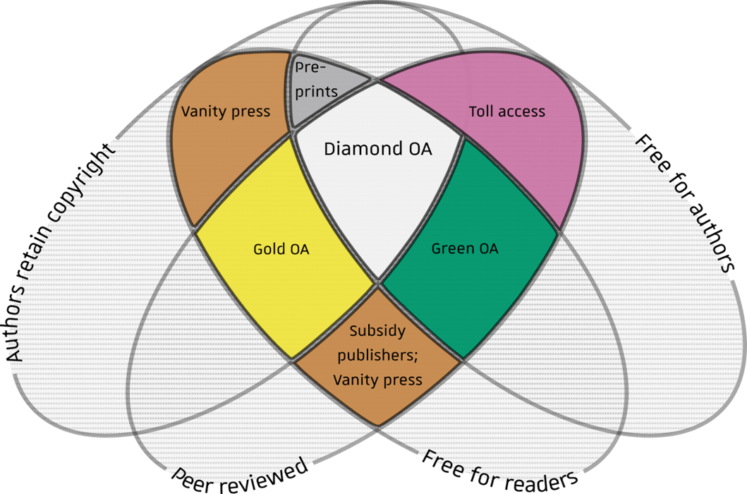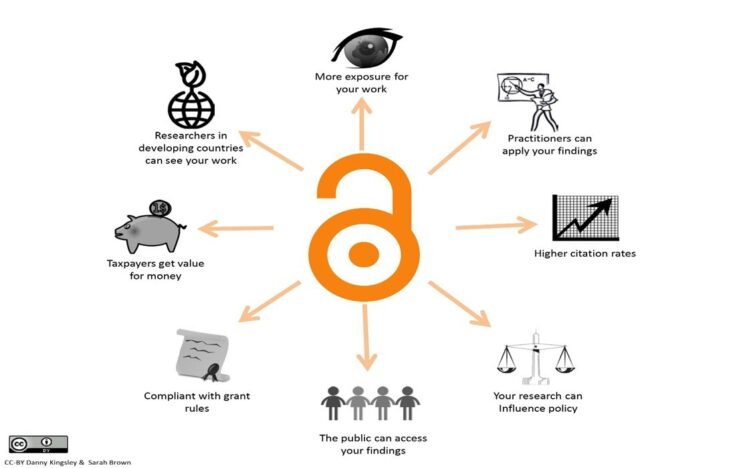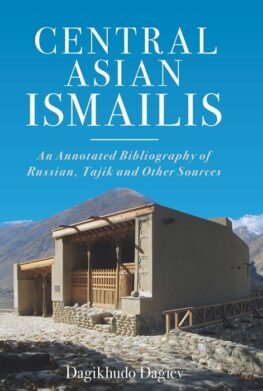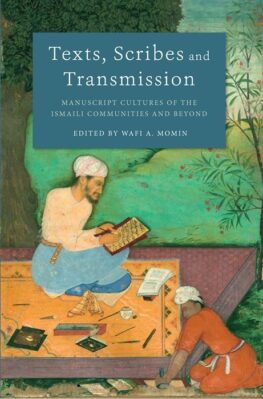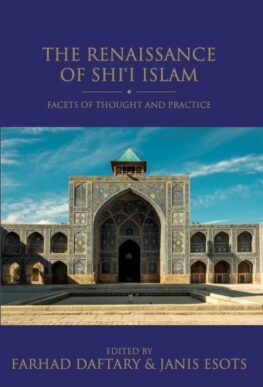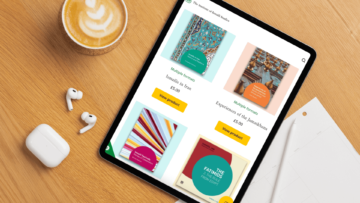Here at the IIS, we are very excited that two areas we feel passionately about are coming together in this year’s Open Access (OA) Week (24th-30th October), with the theme of ‘Open for Climate Justice’.
To mark the occasion, Tara Woolnough, Head of Publications and Operations in the IIS’s Department of Academic Research and Publications, explains why OA is so important, its relationship to climate justice, and the Institute’s own approach to these themes.
What is OA and why is it important?
OA describes scholarly outputs that are freely available without barriers. It means that anyone with an internet connection can read and reuse research.
There are different models for OA publications, the most common being Gold, where the final version of a publication is immediately and permanently available to read for free (though there is usually an Author Processing Charge payable by the author, their institution, or a funder), and Green, where an earlier version of a publication is available after an embargo period to read for free via an OA repository.
In future, the IIS will be increasing our OA outputs for both new and previously published titles, as well as working more actively to combat climate change by promoting research on Islam and the environment.”
The OA movement goes back several decades, but has gained great momentum in recent years. During the Covid pandemic, the benefits of online, barrier-free access to academic content became clearer than ever.
Most major research funders now require outputs to be OA. In the UK, since April 2022 all research articles must be OA if they have benefited from funding from UKRI, which brings together the UK’s research councils, and from January 2024 this requirement will extend to monographs.
While this does not apply to the IIS, as we do not currently receive external funding, we are committed to supporting OA and sharing knowledge for the benefit of all. Publishing OA helps the IIS to fulfil its mandate by making our research and publications freely available to academics, the Ismaili JamatAssembly or religious congregation; also a term used by the Nizari Ismailis for their individual communities., and all interested readers.
OA at the IIS
Earlier this year, we published our first OA books, with our main publishing partner IB Tauris, Bloomsbury Academic:
You can view or download these books from Bloomsbury Collections and other OA libraries online (and they are also available for purchase in print).
OA and Climate Justice
The reality of climate crisis is already impacting nature and people in all regions of the globe. The latest report of the Intergovernmental Panel on Climate Change makes for hard, though necessary, reading. Its findings show that humans are the main drivers of climate change, that we are set to pass the 1.5ºC threshold by 2040 and that we are close to reaching irreversible tipping points.
As the devastating effects of climate change are likely to be felt most acutely by those least responsible, climate justice is about striving for equitable approaches to climate stabilisation. One aspect of this concerns access to information and research, and that is where OA has a critical role to play.
In future, the IIS will be increasing our OA outputs for both new and previously published titles, as well as working more actively to combat climate change by promoting research on Islam and the environment. Check the IIS website for updates in 2023. In the meantime, we hope you’ll join some of the in-person and virtual events taking place as part of International Open Access Week – and spread the word about open climate justice!


